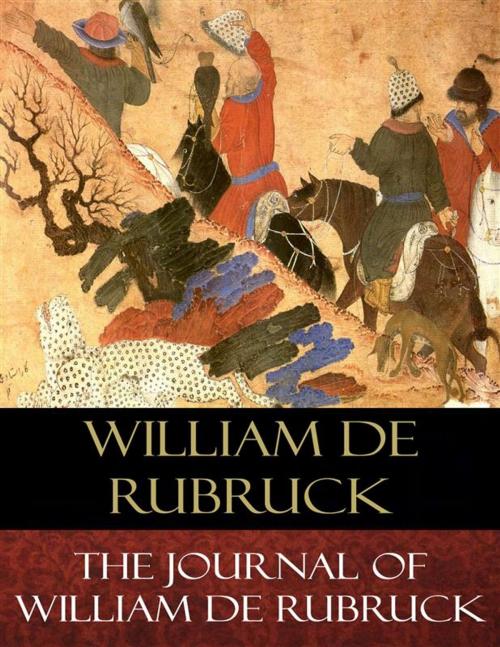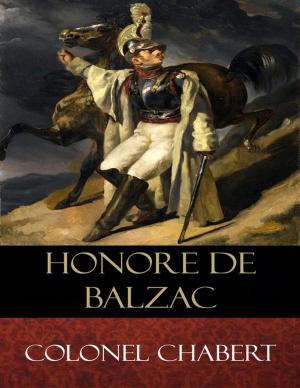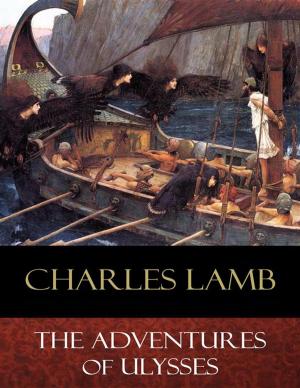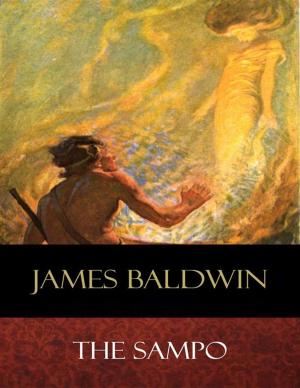The Journal of William de Rubruck
Account of the Mongols
Nonfiction, History, Medieval, Ancient History| Author: | William de Rubruck, William Woodville Rockhill (Translator) | ISBN: | 9788822802705 |
| Publisher: | BertaBooks | Publication: | July 28, 2017 |
| Imprint: | Language: | English |
| Author: | William de Rubruck, William Woodville Rockhill (Translator) |
| ISBN: | 9788822802705 |
| Publisher: | BertaBooks |
| Publication: | July 28, 2017 |
| Imprint: | |
| Language: | English |
The Journal of William de Rubruck: Account of the Mongols. William of Rubruck (1220-1293) was a Flemish Franciscan missionary and explorer. His account is one of the masterpieces of medieval geographical literature comparable to that of Marco Polo and Ibn Battuta.
Translated by William Woodville Rockhill (1854-1914).
William accompanied King Louis IX of France on the Seventh Crusade in 1248. On May 7, 1253, on Louis' orders, he set out from Constantinople on a missionary journey to convert the Tatars to Christianity. He actually followed the route of the first journey of the Hungarian Friar Julian. With William's party were Bartolomeo da Cremona, an attendant called Gosset, and an interpreter named in William's report Homo Dei, meaning "man of God", perhaps representing the Arabic Abdullah, "servant of God."
After reaching the Crimean town of Sudak, William continued his trek with oxen and carts. Nine days after crossing the Don he met Sartaq Khan, ruler of the Kipchak Khanate. The Khan sent William on to his father, Batu Khan, at Sarai near the Volga. Five weeks later, after the departure from Sudak, he reached the encampment of Batu Khan, Mongol ruler of the Volga River region. Batu refused conversion but sent the ambassadors on to the Great Khan of the Mongols, Möngke Khan.
He and his travelling companions set off on horseback on September 16, 1253 on a 9,000 km journey to the court of the Great Khan at Karakorum. Upon arrival they were received courteously, and he was given an audience on January 4, 1254.
The Journal of William de Rubruck: Account of the Mongols. William of Rubruck (1220-1293) was a Flemish Franciscan missionary and explorer. His account is one of the masterpieces of medieval geographical literature comparable to that of Marco Polo and Ibn Battuta.
Translated by William Woodville Rockhill (1854-1914).
William accompanied King Louis IX of France on the Seventh Crusade in 1248. On May 7, 1253, on Louis' orders, he set out from Constantinople on a missionary journey to convert the Tatars to Christianity. He actually followed the route of the first journey of the Hungarian Friar Julian. With William's party were Bartolomeo da Cremona, an attendant called Gosset, and an interpreter named in William's report Homo Dei, meaning "man of God", perhaps representing the Arabic Abdullah, "servant of God."
After reaching the Crimean town of Sudak, William continued his trek with oxen and carts. Nine days after crossing the Don he met Sartaq Khan, ruler of the Kipchak Khanate. The Khan sent William on to his father, Batu Khan, at Sarai near the Volga. Five weeks later, after the departure from Sudak, he reached the encampment of Batu Khan, Mongol ruler of the Volga River region. Batu refused conversion but sent the ambassadors on to the Great Khan of the Mongols, Möngke Khan.
He and his travelling companions set off on horseback on September 16, 1253 on a 9,000 km journey to the court of the Great Khan at Karakorum. Upon arrival they were received courteously, and he was given an audience on January 4, 1254.















